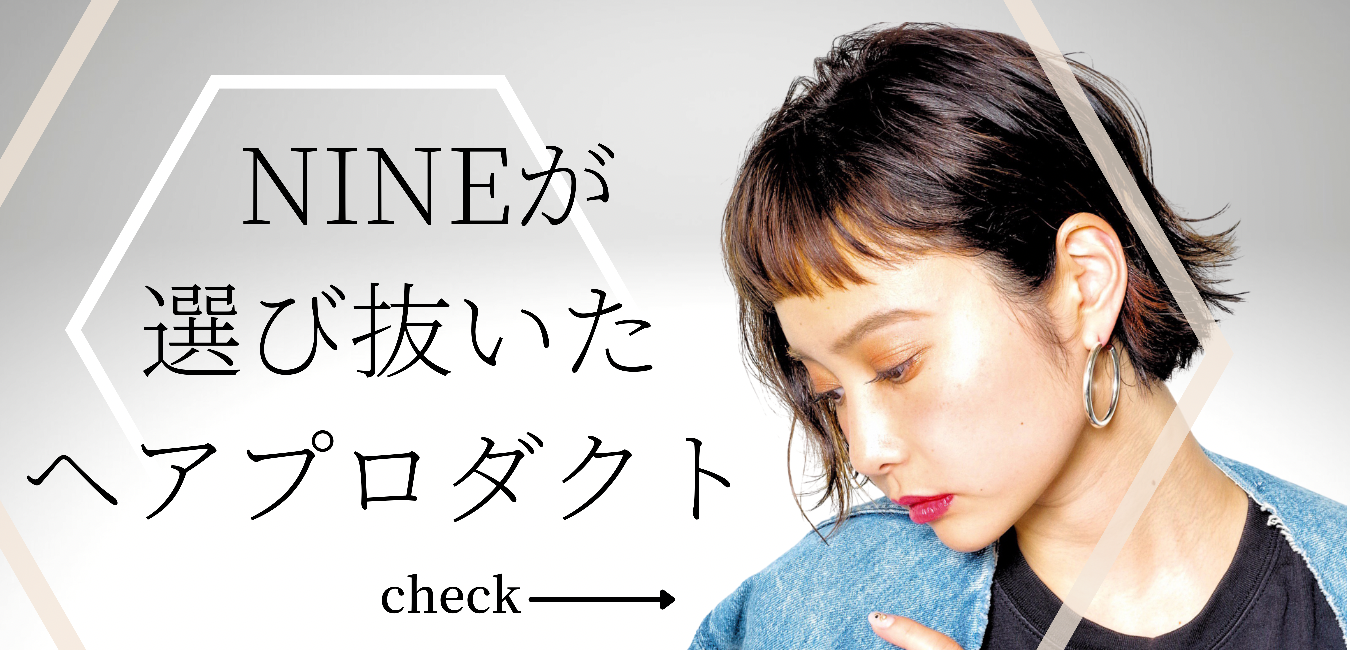
Tobacco is a known cause of hair loss and thinning hair, not only because it causes poor circulation, but also because it leads to hair loss and thinning for a variety of reasons. It is important to understand the effects of smoking on the hair and scalp and take the necessary measures to prevent hair loss. The following is an introduction to the effects of tobacco on the hair and scalp.
Tobacco damages hair and scalp for a variety of reasons
Smoking is one of the most common causes of hair loss and thinning hair, and the most commonly cited reason is poor blood circulation.
Indeed, when smoking, nicotine enters the body and constricts blood vessels, causing poor circulation and damaging the hair and scalp. Poor circulation is a major problem because the head is above the heart and the capillaries in the scalp are especially thin.
Cigarette smoking causes an increase in bad cholesterol, vitamin deficiency due to nicotine, and an increase in reactive oxygen species that accelerate aging of the scalp, all of which can lead to hair loss and thinning. In addition, quitting smoking can cause stress, which can damage your hair and scalp.
Increased bad cholesterol from smoking increases hair loss
Continued cigarette smoking increases bad cholesterol in the blood. In order to reduce bad cholesterol, the body produces taurine, and methionine, an essential amino acid, is used in the synthesis process of taurine.
Methionine is said to be the most important of the amino acids that make up hair and is necessary for hair growth. The increase in bad cholesterol caused by smoking consumes methionine, which leads to thinning of hair.
In addition, an increase in bad cholesterol is a factor that increases the risk of arteriosclerosis. As arteriosclerosis progresses and the arteries become narrower, blood circulation is impaired, and sufficient nutrients cannot be delivered to the hair and scalp.
Quitting smoking is stressful and affects hair loss.
It is well known that stress affects hair loss and thinning hair, but quitting smoking, which causes hair loss, can also be stressful and increase hair loss.
The percentage of people who become addicted to the nicotine in cigarettes is higher than that of alcohol, making it more difficult to stop. Nicotine causes the release of dopamine, a substance in the brain that brings about a pleasant sensation, which increases the desire for that pleasant sensation and makes it difficult to stop smoking.
In addition, long-term smoking makes it more difficult for the body to produce dopamine, and a lack of nicotine without smoking makes people more irritable and uncomfortable, and stress levels are higher.
Nicotine also causes a lack of vitamins necessary for hair
Vitamin C is an important nutrient that is not only related to skin elasticity and luster, but also plays various roles in maintaining healthy hair and scalp. However, cigarette smoking destroys vitamin C in the body.
Vitamin C is necessary for the production of collagen, which makes hair thicker and the scalp stronger. Vitamin C also enhances the absorption of zinc, which is important in combating hair loss, and removes active oxygen, which increases hair loss. Since active oxygen is increased by smoking, a lack of vitamin C further increases the effects of active oxygen on the hair and scalp.
Furthermore, vitamin C is necessary for the synthesis of adrenal cortical hormones, which are secreted when stressed, so a lack of vitamin C can make the body vulnerable to stress.
Now that you understand that poor circulation is a major factor in tobacco-induced hair loss and thinning, but there are other causes as well. In addition, one factor may affect each other with other factors. The best way to prevent hair loss and thinning hair is to stop smoking cigarettes by quitting smoking without any difficulty.











